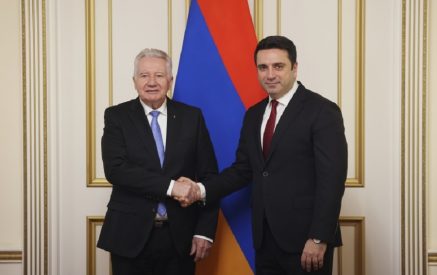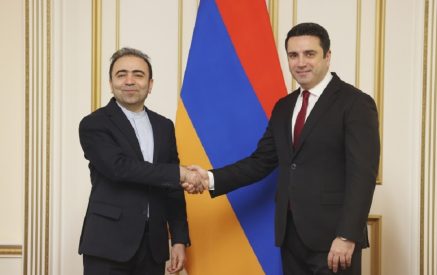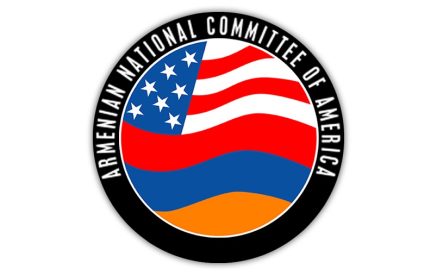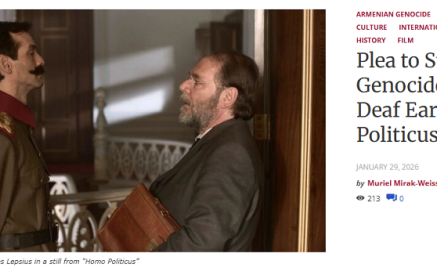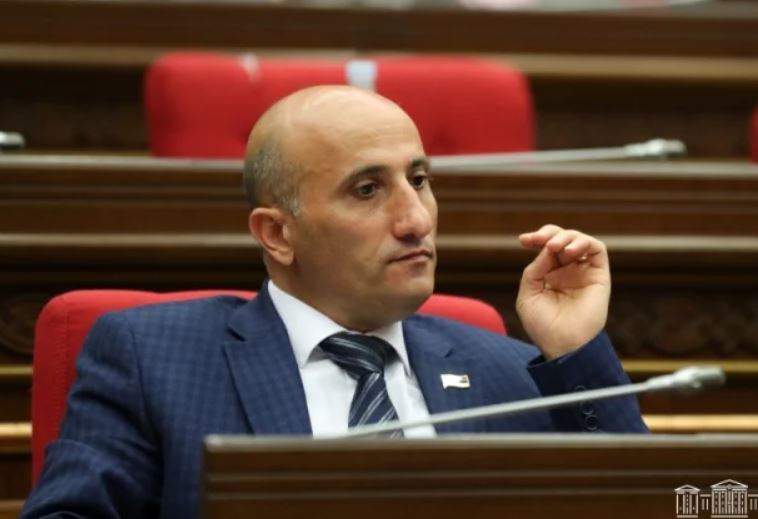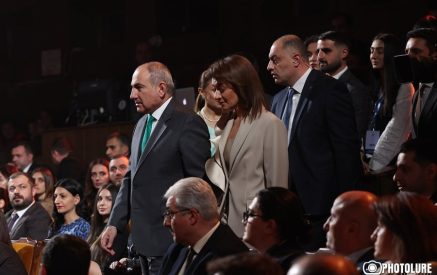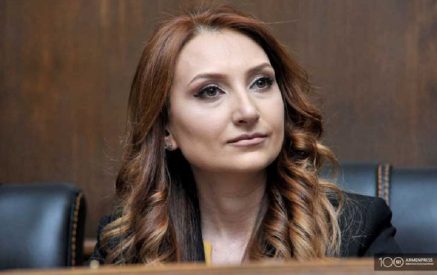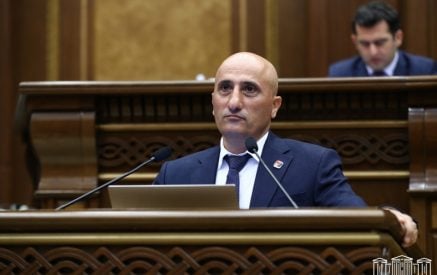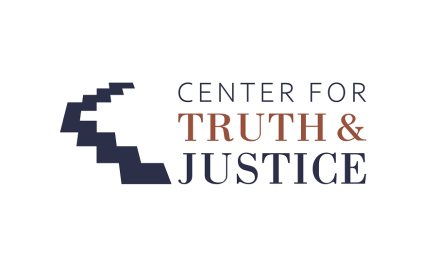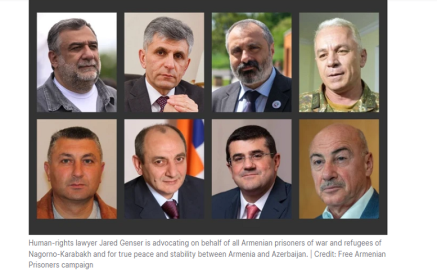The latest legislative change in the RA Criminal Code, which criminalizes cursing, has given rise to new humorous comments and comparisons on the Internet. It has also raised a number of questions among the expert community. Information security expert Samvel Martirosyan thinks that the public is not fully aware of the dangers that exist under the criminalization of cursing.
According to him, with this law, neither cursing will decrease on the Internet, nor will butterflies increase in the fields. Half of the Armenian Internet includes people who are not in Armenia. And this law will not affect them. In an interview with Aravot Daily in this regard, the co-author of the law, Vahagn Hovakimyan said. “First, you have to read the law. There should be a private complaint in the first part of the draft and the person must appeal to law enforcement. If they appeal, they must also present evidence. Suppose the person insulted them, and if it is about the Internet, they must also prove that the person exists. It is only in the sphere of law enforcement activity. For that, there should be a preliminary investigation. They will find out whether it is criminally prosecuted or not. And if a person commits a crime and is outside the territory of Armenia, what measures do the law enforcement take- declare a search, and so on? If they know the location, they will turn to the law enforcement agencies of that country.”
Upon the observation about why our law enforcement officers should appeal to other countries for every person who swears on the Internet, Vahagn Hovakimyan answered that it is within the sphere of law enforcement activities. If after cursing, a person says, ‘It wasn’t me, my page was hacked,’ that’s why there needs to be an expert examination. They have to take a number of actions to find out.” Hovakimyan answered in this regard, “It has already reached the level where the law itself is beginning to have a preventive significance. Because the person who swears and then says, ‘I did not swear,’ that person is already beginning to be disciplined, so to speak. Many countries have probably criminalized swearing for decades, and in their society today, it is almost non-existent, especially in public speech. That is the result. Nobody says everyone should be caught, imprisoned, or fined, right? The problem is that swearing is out of our vocabulary. One must realize that it is forbidden. We all realize in our upbringing that it is forbidden. The development of the Internet and life has led to the fact that swearing has become a way of life for some people.”
Swearing is a very difficult phenomenon to measure, and it is difficult to determine the extent to which it goes from insults to severe insults, swearing, etc. Therefore, there are fears that this will become an instrument of political order. The judge will comment as they please. Vahagn Hovakimyan did not agree. “The Deputy Minister of Justice also said that the so-called swearing is already defined in court practice. By the precedent decisions of the Court of Cassation already exist. Even if there is nothing, the case law is for that. You can never write all the situations and all the words in the laws. That is why the Court of Cassation gives us the right to make precedent-setting decisions so that those decisions also regulate what is not regulated by law. During the discussion of the bill, this issue was present and the Prosecutor General’s Office clearly stated that the Court of Cassation had already referred to numerous problems in various cases, where there was a segment of swearing. It is already a guideline for investigators, investigators, prosecutors, and judges to evaluate. “If it goes beyond that, the current practice will not be enough, and the courts will make another precedent decision.”
Read also
Upon the observation that Armenian is a very rich language and those who want to swear can formulate it in such a way that it is not possible to claim that it is a swear word, and as an example, they mentioned many options, Vahagn Hovakimyan responded, “Our goal is to remove swearing from our vocabulary. Our creative minds are infinite, and people will always find some way to offend. But the task is not to calculate a person’s creative mind and prevent all cases, but to eliminate swearing. If a person intends to insult, at least in this case they will not insult with a swear word, you know, that’s what it’s about. In case of insult, the person will go to the Civil Code and will protect their honor and dignity.”
Hripsime Jebejyan










































